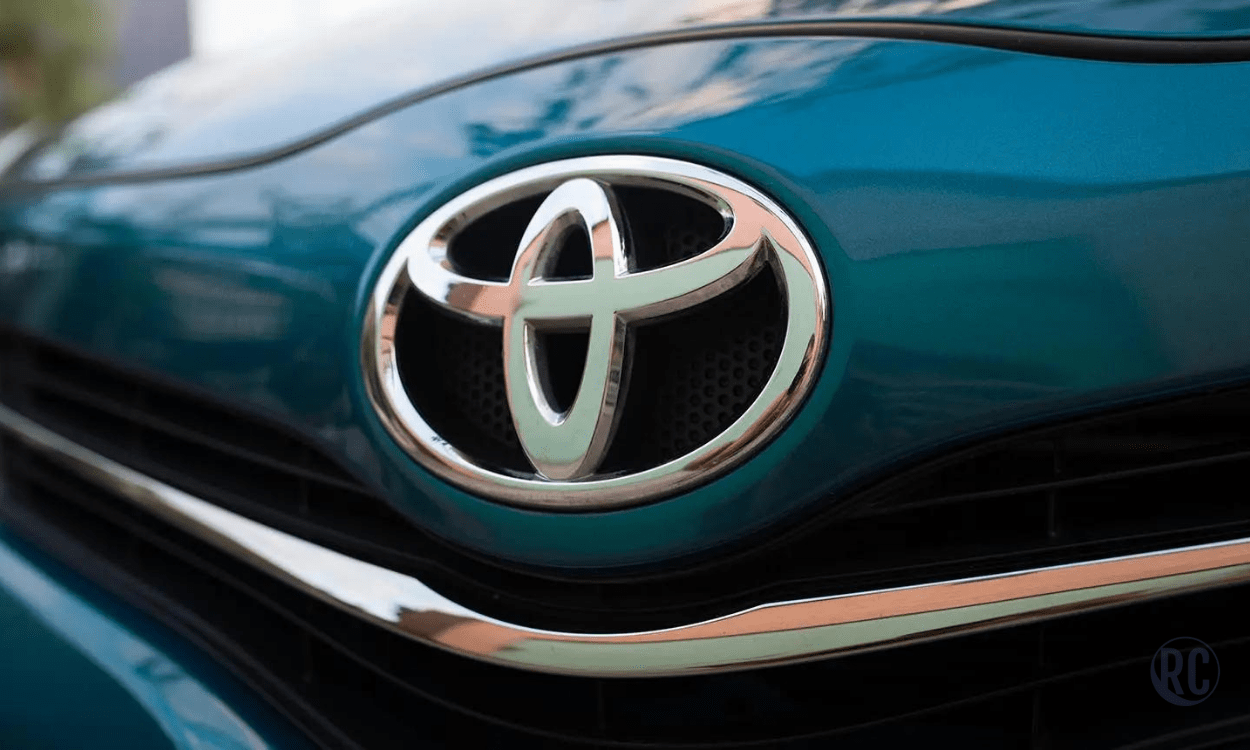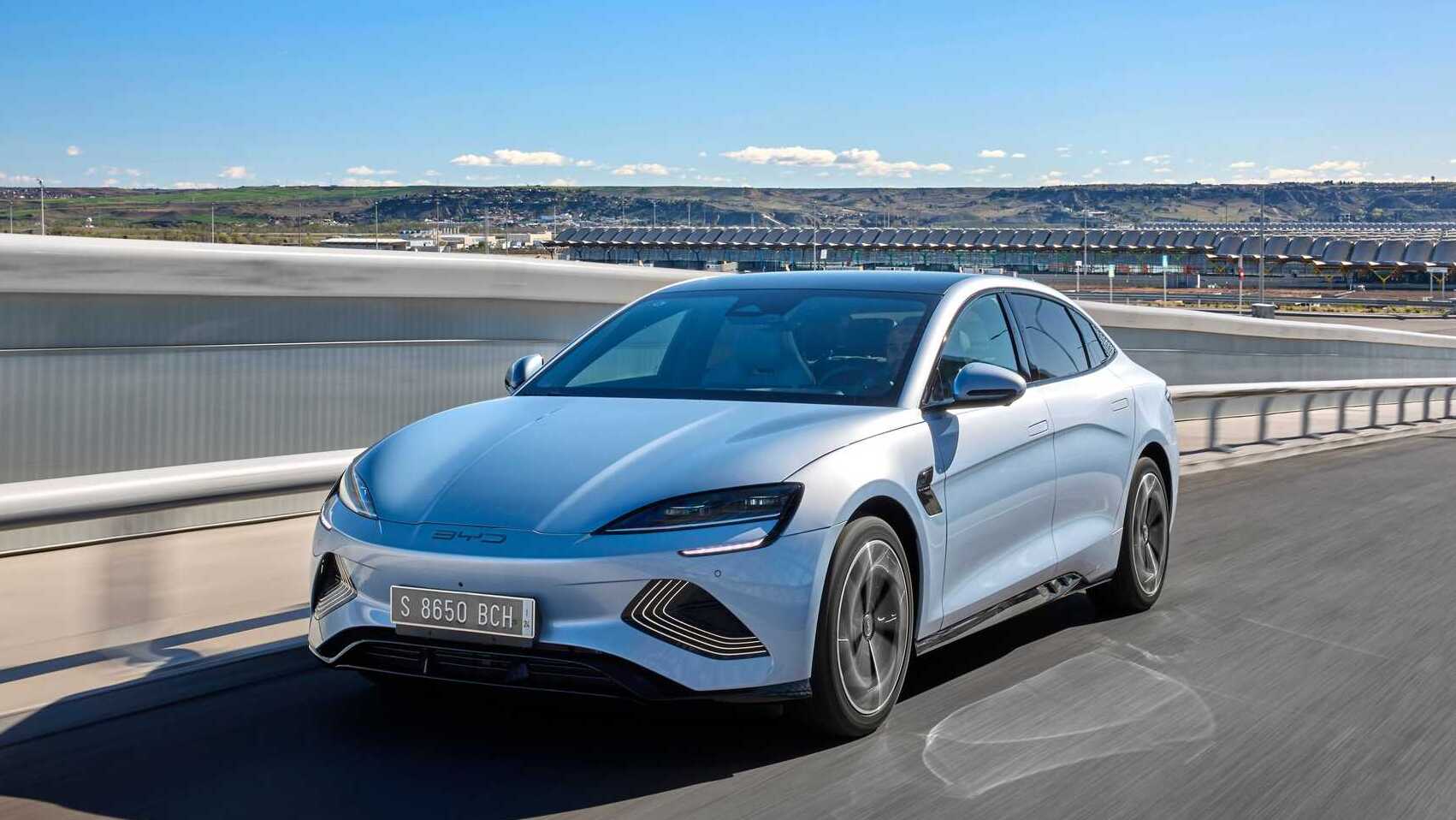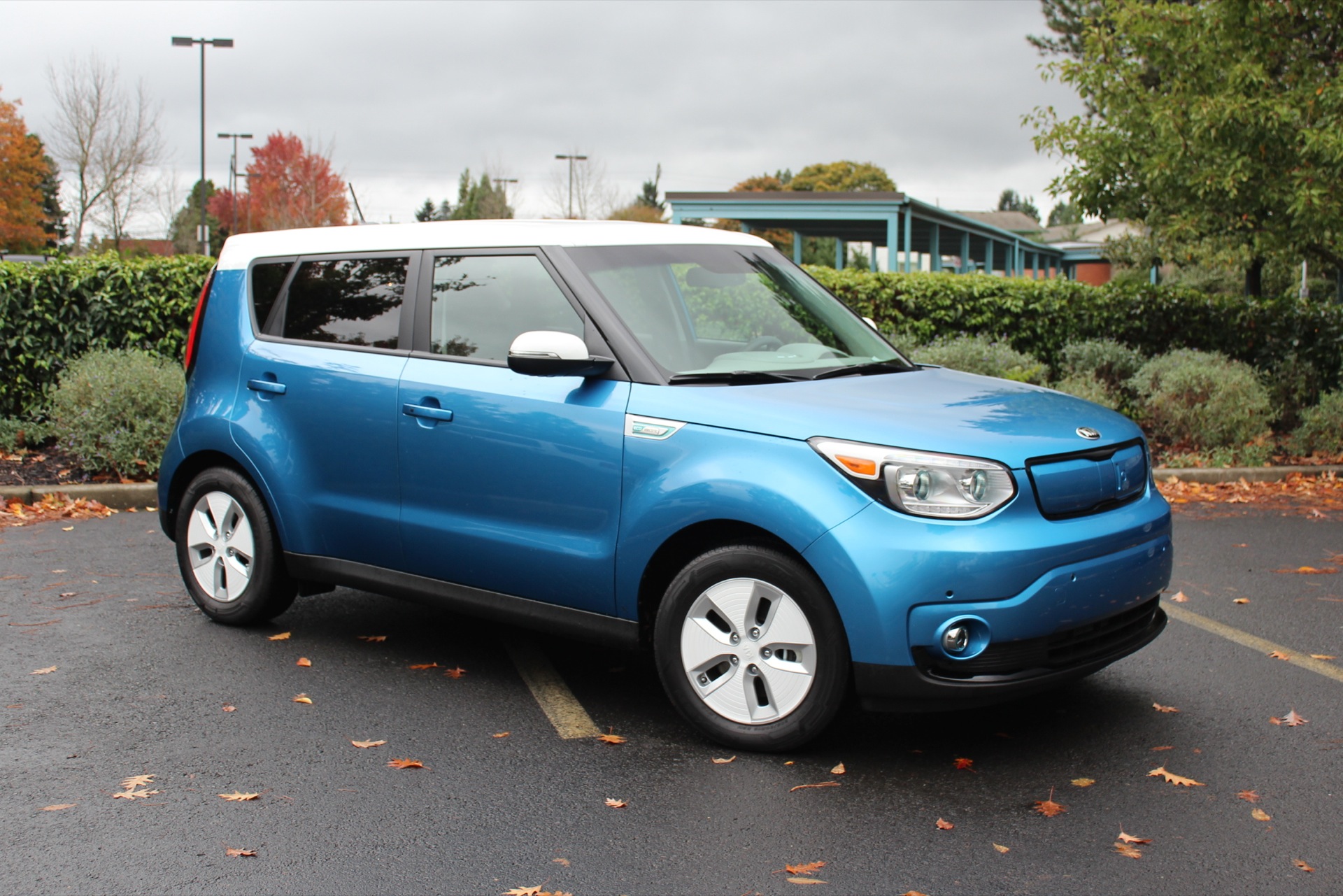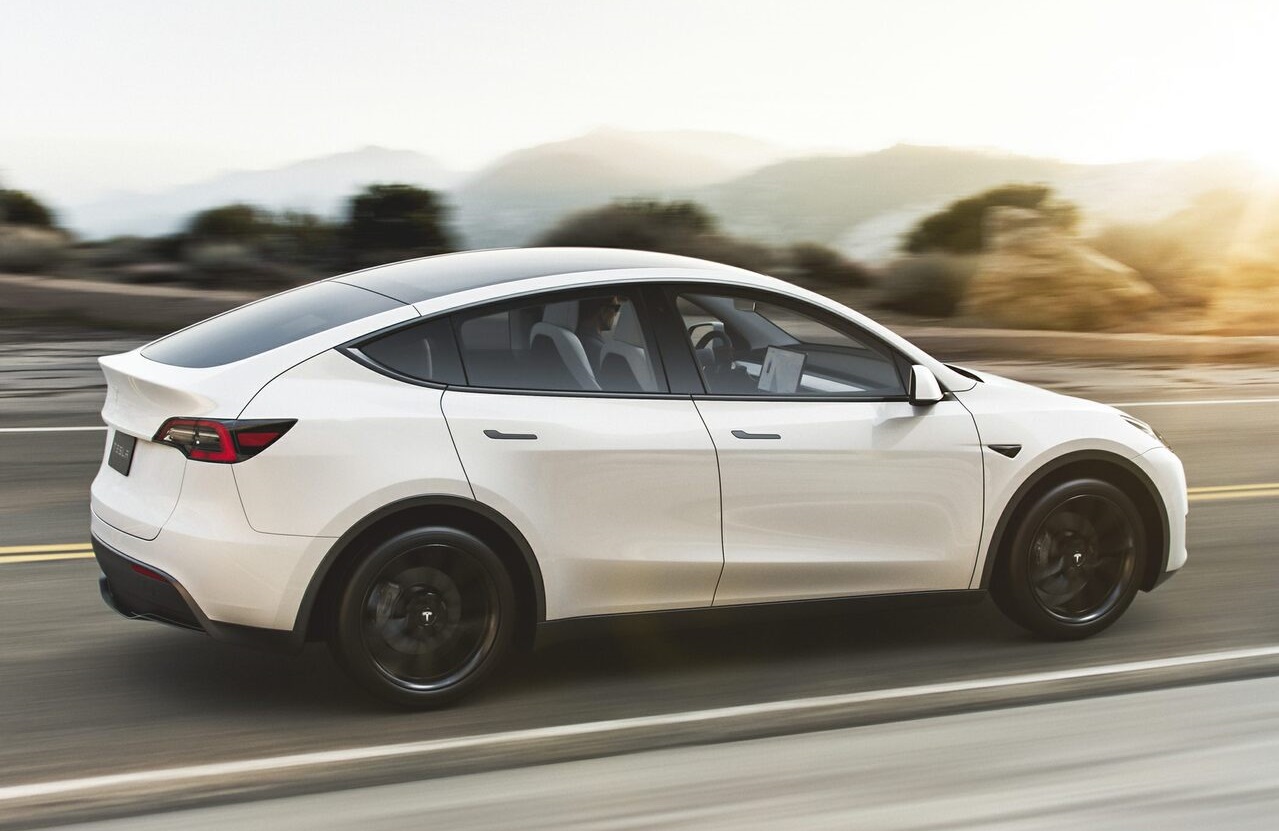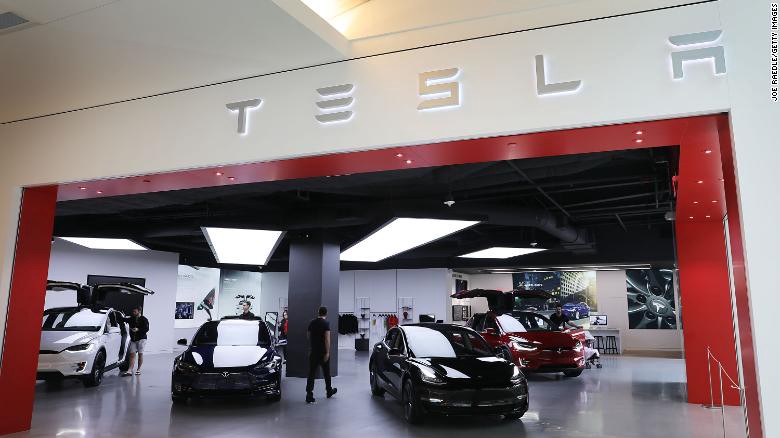In a bid to enhance its presence in the electric vehicle (EV) market and counter growing competition from Chinese rivals, Toyota (7203.T) is set to trial a new electric pickup truck in Thailand, as disclosed by a company executive. This move reflects Toyota’s efforts to strengthen its position in the country, where Chinese EV manufacturers are rapidly gaining market share.
Chinese EV makers have been increasingly investing in Thailand, committing around $1.5 billion to establish new manufacturing facilities, as part of their strategy to expand their global footprint in response to slowing domestic sales.
Pras Ganesh, the executive vice president of Toyota Daihatsu Engineering & Manufacturing, revealed that Toyota’s engineers are actively working on adapting their electric pickups to suit local conditions. Furthermore, they are focused on building up EV research and development (R&D) capabilities in Thailand, which is one of Toyota’s five global R&D centers.
Toyota, the world’s leading automaker, unveiled the electric version of its popular HiLux pickup truck last year. However, it has not yet provided details regarding when commercial sales of this electric pickup will commence.
Launching the electric pickup in Thailand represents Toyota’s fresh endeavor to confront the mounting competition from Chinese EV manufacturers in the country. Notably, the sales of Toyota’s bz4X electric SUV, introduced last year, faced strong competition from rivals like BYD and Great Wall Motor.
Pick-up trucks hold substantial significance in Thailand’s automotive market, constituting nearly half of all vehicle sales in the previous year. According to research firm MarkLines, Toyota secured a 39% market share in the one-ton pickup truck segment during the first nine months of this year. Overall, Toyota maintains a dominant market position in Thailand, accounting for 34% of new vehicle sales across all automotive segments.
Pras Ganesh revealed that a small batch of battery EV pickups will undergo trials in Pattaya, a popular beach city in Thailand, early next year. These pickups will be tested for potential use as ‘songthaews,’ a common practice in Southeast Asian countries where pickups are modified and used as taxis. He mentioned, “We will first start looking at public transit,” and noted that Toyota is also considering testing other EV pickups for various applications, including last-mile delivery services.
While EVs represented roughly 50% of all EV sales in Southeast Asia in the second quarter, their adoption is steadily increasing in Thailand. However, it is expected that they will account for less than 9% of total vehicle sales in the country this year, according to BMI researchers.
Over the past decade, Toyota and its group companies have invested nearly $7 billion in Thailand. In July, the automaker revealed its consideration of producing EVs in the country.
In a recent development, Toyota revised its forecast for global battery EV sales for the current fiscal year ending in March 2024, lowering it by 39%, partly due to constraints related to vehicle lineups.

